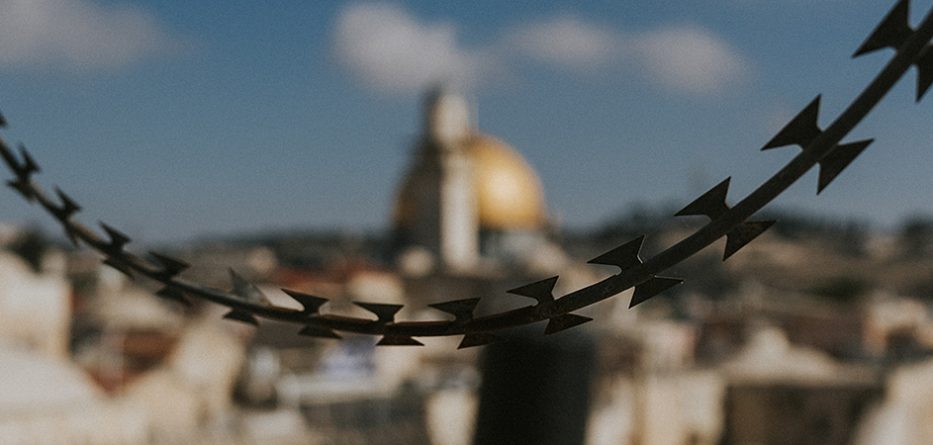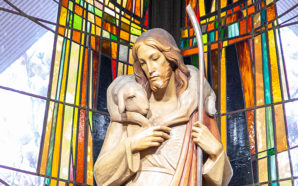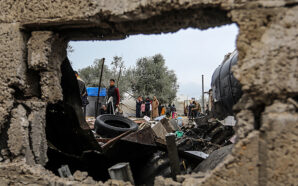Pope Francis’ Prayer Intention for November: Dialogue and Reconciliation in the Near East – That a spirit of dialogue, encounter, and reconciliation emerge in the Near East, where diverse religious communities share their lives together.
Words make a difference. Pope Francis’ intention for October asks for reconciliation in the Near East. Iraq, Iran, Saudi Arabia, Syria and Egypt are to the East of Rome, and are close to Italy. That is why they are referred to as the Near East. What happens there has an immediate impact on Europe in the form of people who flee from conflict and seek protection. These neighbouring nations, too, have left their mark on Europe through the movement of peoples, through wars and through all the connections made by trade, culture and religion. Europeans, too, have left their mark for better and for worse on the countries of their Near East.
For Australians these nations are not near. We are not immediately affected by what happens there. Although we send soldiers and arms to support military adventures there, their wars are not our wars. When Pope Francis invites us to allow the people of the Middle East and their predicaments to touch us and to enter our prayers, he wants us to expand our minds and hearts to receive people and places distant from us.
The region has been riven by warfare in which local conflicts have been rocket fuelled by foreign powers including Australia. Extremist Muslim groups committed to unite the Arab world have launched offensives and met by counter armies. In these struggles, Sunni Muslims have been set again Shiite Muslims, and smaller religious groups such as Christians, Sufi Muslims and Mandaeans, have been persecuted and driven from their homes. Warfare has bred further hatred and misery and has displaced millions of people.
When seen against the scale of this intense conflict Pope Francis’ prayer for a spirit of dialogue, encounter and reconciliation may seem Utopian. He urges us to pray for the seemingly unachievable. But those killed and displaced by conflict need the support of our prayers, as do the ordinary people who long for peace and reconciliation.
The Pope urges us to pray that people will share their life together. He evokes the Christian vision of society in which we are first of all human beings who depend on one another and whose happiness and prosperity are built by trusting and generous relationships. At the deepest level we are not defined by being Christians, Muslims or members of other religious and political groups to which we might belong, but by our membership of the human race.
We are invited to live together and to make our differences a source of richness and of wonder, not of conflict. In the diverse world of Jesuit Social Services and those whom we serve this is central to our lives and work.
In reality there are many points of contact. In the Middle East, where Christian and Muslim groups both take prayer seriously, the similarities between them can engender conflict or peace making. Churches and mosques have both often been destroyed out of hatred. Buildings that for one group of people are familiar places of nurture, of support and of encouragement are for other groups alien, fearsome and objectionable. They become symbols of division, not of coming together.
Prayer, however, can also help build bridges. The story of Abraham and respect for Jesus and Mary are shared by Jews, Christians and Muslims, as is generosity to the poor and stranger.
The path to healing and reconciliation must begin in praying for one another and for the healing of broken relationships. This can then lead people of different faiths talking together, taking an interest in how others pray and find encouragement in their own prayer. That is the beginning of a deeper sharing.
Fr Andrew Hamilton SJ writes for Jesuit Communications and Jesuit Social Services.








